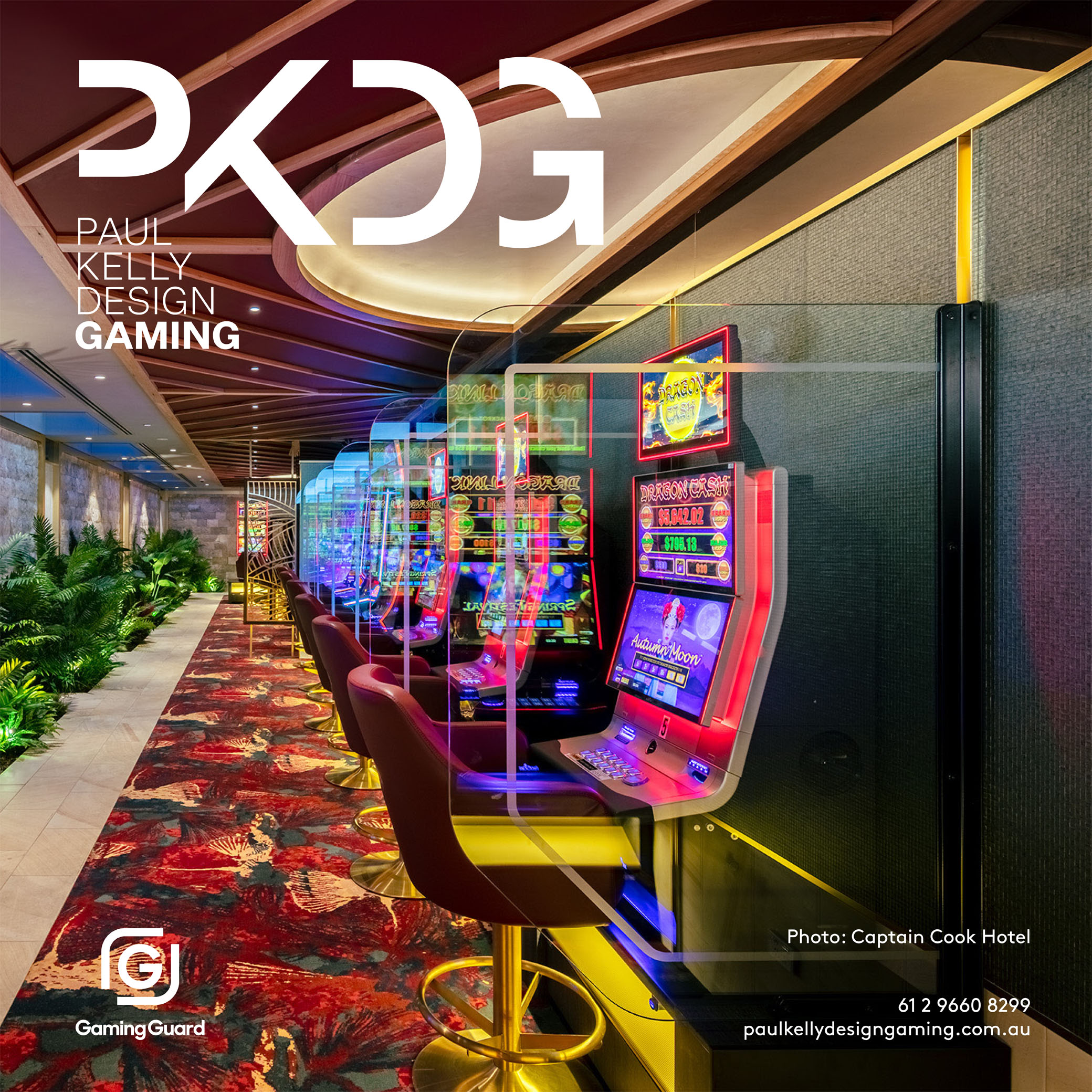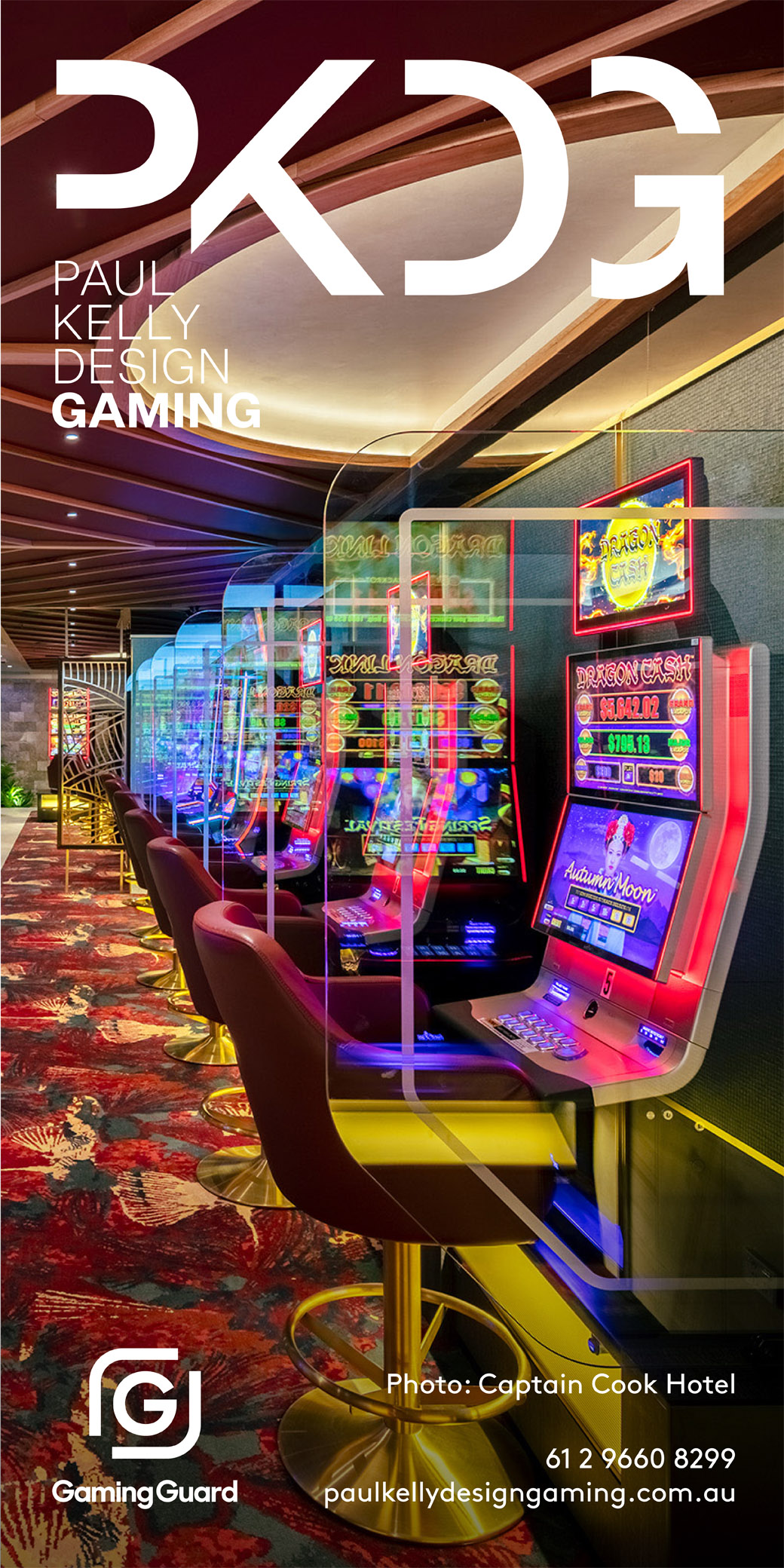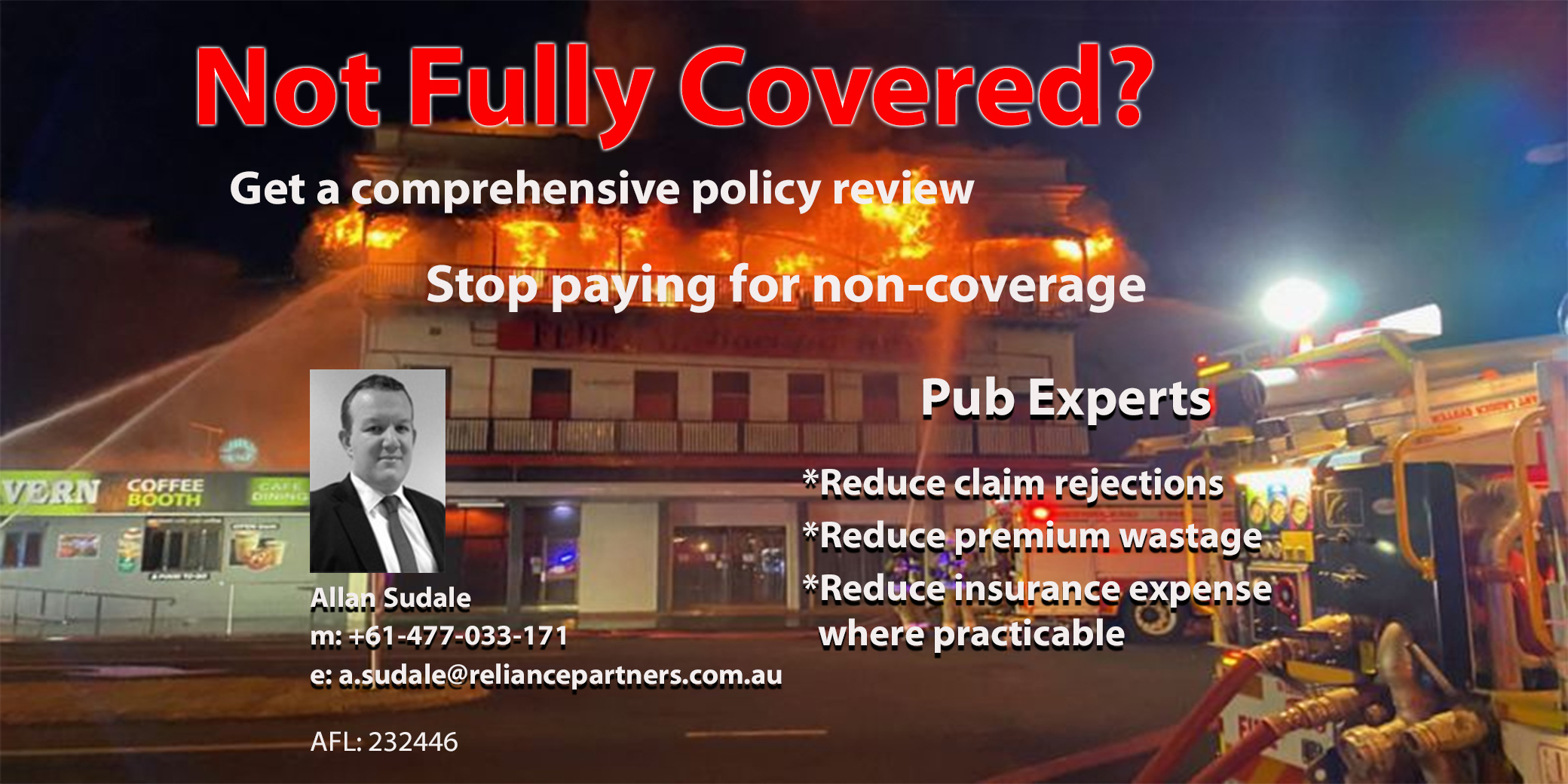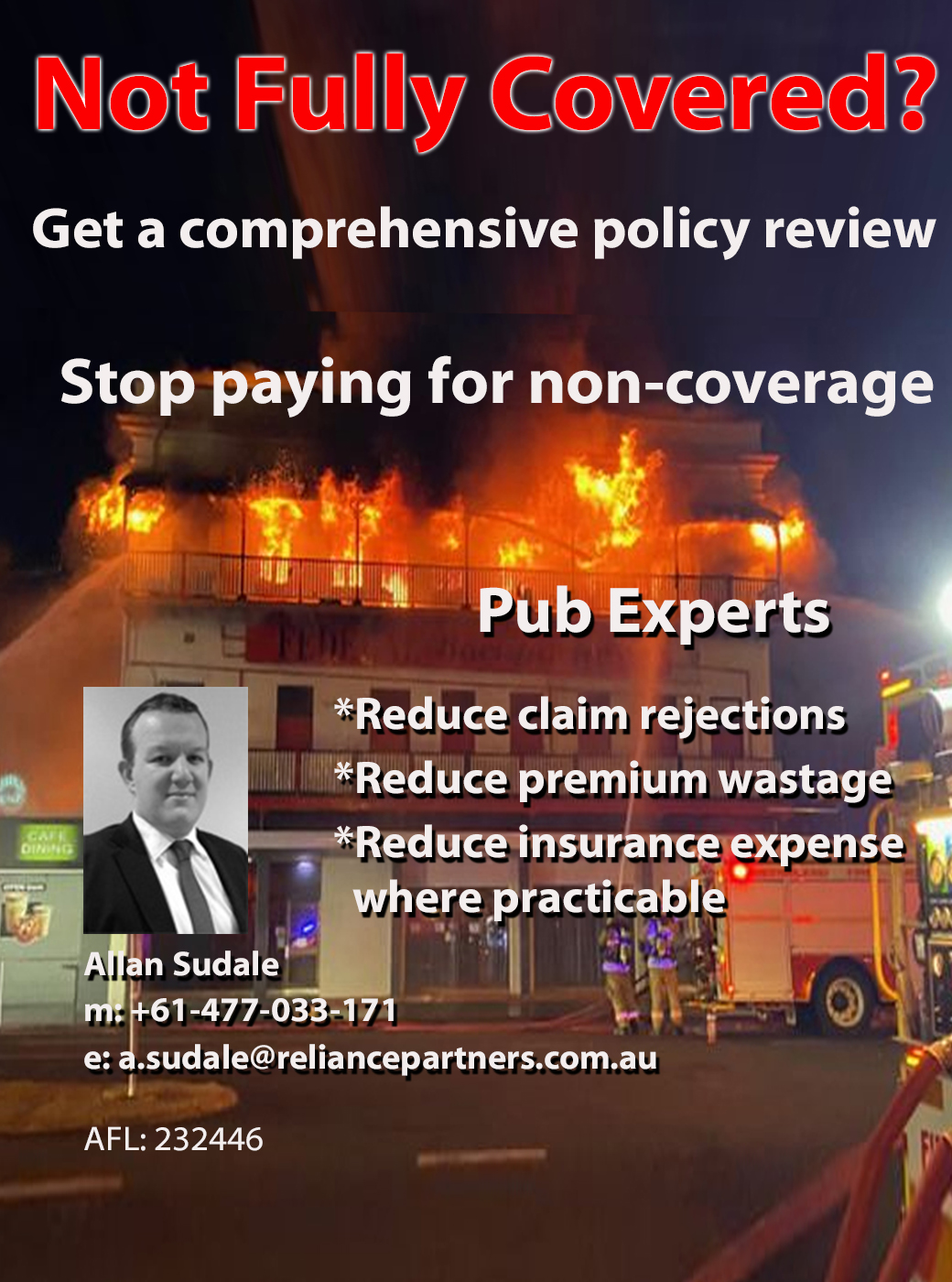Major Feature
NEW NORMAL
GAMING ROOMS
The biggest shake-up ever in hospitality has paved the way for changes from queues to cleaning, and gaming rooms are no exception. Clyde Mooney reports on the maturation of the market.
The pandemic environment has forced major changes on hospitality, and as an important part of the revenue stream for many hotels, changes in the gaming operation need to be considered and new methodology adopted where prudent.
Pubs began reopening in some states in June, after around two and a half months closed. As though a wave of punters had been held back, many operators quickly began experiencing a major uplift on regular figures from the gaming department, even with limited patron numbers and social distancing. Listed operator Redcape first documented the uplift in its FY20 figures, issued in August.
This ‘cabin fever’ was not confined to gaming, finding outlet in many sectors; sales of women’s shoes are said to have jumped over 1,000 per cent.
By Q4 of this year gaming revenues had begun returning to more established levels. Common thinking is that the reductions in government support and more people getting back to work are the primary reasons for the deceleration.
The hospitality industry – including the gaming rooms – is likely to feel the effects of the lack of overseas visitors for some time, perhaps years. The countries with the most citizens coming to Australia are (in order): China, New Zealand, USA, UK, Japan, and Singapore. While visitors from China, America and Britain are not likely anytime soon, the government is working toward ‘travel bubble’ agreements with both New Zealand and Japan, based on mutual containment of the virus and no community spread amongst citizens.
Another positive is that in the past every Australian, on average, spent nine days overseas each year, equating to a combined estimated spend of $68 billion, which is now mostly staying here rather than leaving the country. This stands to put more disposable cash in the pockets of everyday Aussies for discretionary, feel-good exercises.
The government’s decision to reopen pubs brought the need to
regulate how gaming rooms would function in the COVID-19 environment. Gradually new state-by-state requirements for gaming rooms clarified what was expected, and operators began to adjust accordingly.
Wherever possible, most operators have chosen the relatively simple solution of spacing machines apart to allow for social distancing of 1.5 metres between people. As the rooms were largely already optimised for the number of machines, in some cases additional floorspace had to be absorbed, such as removing the dedicated bar or lounge area, to allow machines enough metreage, meaning more machines could be kept in operation.
Many layouts found issue with some part of the room, and best-practise has been to use the gaming room central control unit to automatically deactivate the machine either side of one being played.
By most accounts, customers are loving the newfound space, as the growing social awareness of socially distancing becomes most established everywhere from the grocery checkout to socialising at the pub.
Some operators have gone the extra mile to give patrons visible reassurance in a newly optimised layout. Warren Livingstone’s Captain Cook Hotel at Botany had ‘Gaming Guards’, created by Paul Kelly Design, installed between machines. The product is a subtle but confident barrier between players designed specifically to complement the room. They have been installed between machines that are also socially distanced, to give both a sense of boundary and extend the excitement and colours of the machines.
In the early stages many operators discussed temporary re-working of the rooms that might be restored to prior arrangement once restrictions were eased. However, like many things in the COVID era, people have adjusted to the merits of the changes and most operators seem happy to keep the new spacing patterns going forward, with many of the machines in new room layouts having 1200-1500mm between them.
Major Feature
This new philosophy is not without its downsides. Spacing out the machines typically leaves a large void between them that looks temporary. Aesthetically considered layouts will need something in this space, such as a guard or permanent fixture. A bigger problem is maintaining compliance with smoking solutions. A compliant room with the full complement of machines in NSW would need to be more than 220sqm. Costs, including absorbing the required space, and permissions with council, make compromise solutions difficult.
Hospitality specialist designer Paul Kelly says there is also the broader consideration of the ‘singular experience’ that is so important in well-performing gaming rooms.
“Extending the rooms into adjacent spaces to get the wider spacing reduces the energy of the play, so unless they increase the threshold, the 30 machines are best performing in close proximity,” advised Kelly.
“If there is no other option, then cost, council and smoking compliance need to be considered, but mainly the room needs to feel as one.”
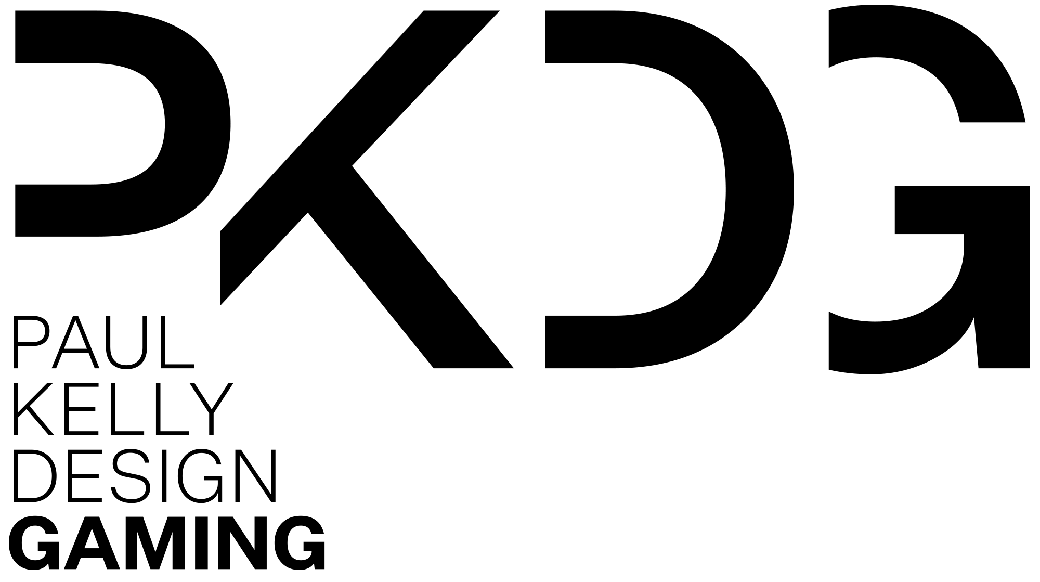
As operators face the shake-up to their gaming rooms, Sydney-based Optimise Gaming offers the benefits of a strategic gaming consultant for far less than what it would cost to hire a full-time gaming manager. The company works with venues of all sizes, from leading pub groups to owner-operators.
“At Optimise, we operate on the premise that there is no ‘one-size-fits-all’ solution,” offers founder James Menassa.
Optimise Gaming is the culmination of years of key account experience with a leading poker machine manufacturer and university qualifications in business analytics, focusing on functionality, efficiency and return on investment. Menassa says they evaluate a client’s business “as if it were our own” and consider how it can be ‘optimised’, providing advice from the client’s perspective.
The company stresses unbiased management, using analysis of the client’s gaming data to run the floor at maximum efficiency. Services include: monthly data analytics and performance monitoring, with game recommendations; gaming contribution analysis – inside vs. outside, product and cabinet mix; floor heat maps with bank averages to determine underperforming machines; T4 performance monitoring for contract expiry; and variation reporting comparing every variation and jackpot across every game, which Menassa stresses is essential and “one of the easiest cost-free methods to increase your overall gaming revenue”.
It also offers access to link jackpot scoreboard software, mystery
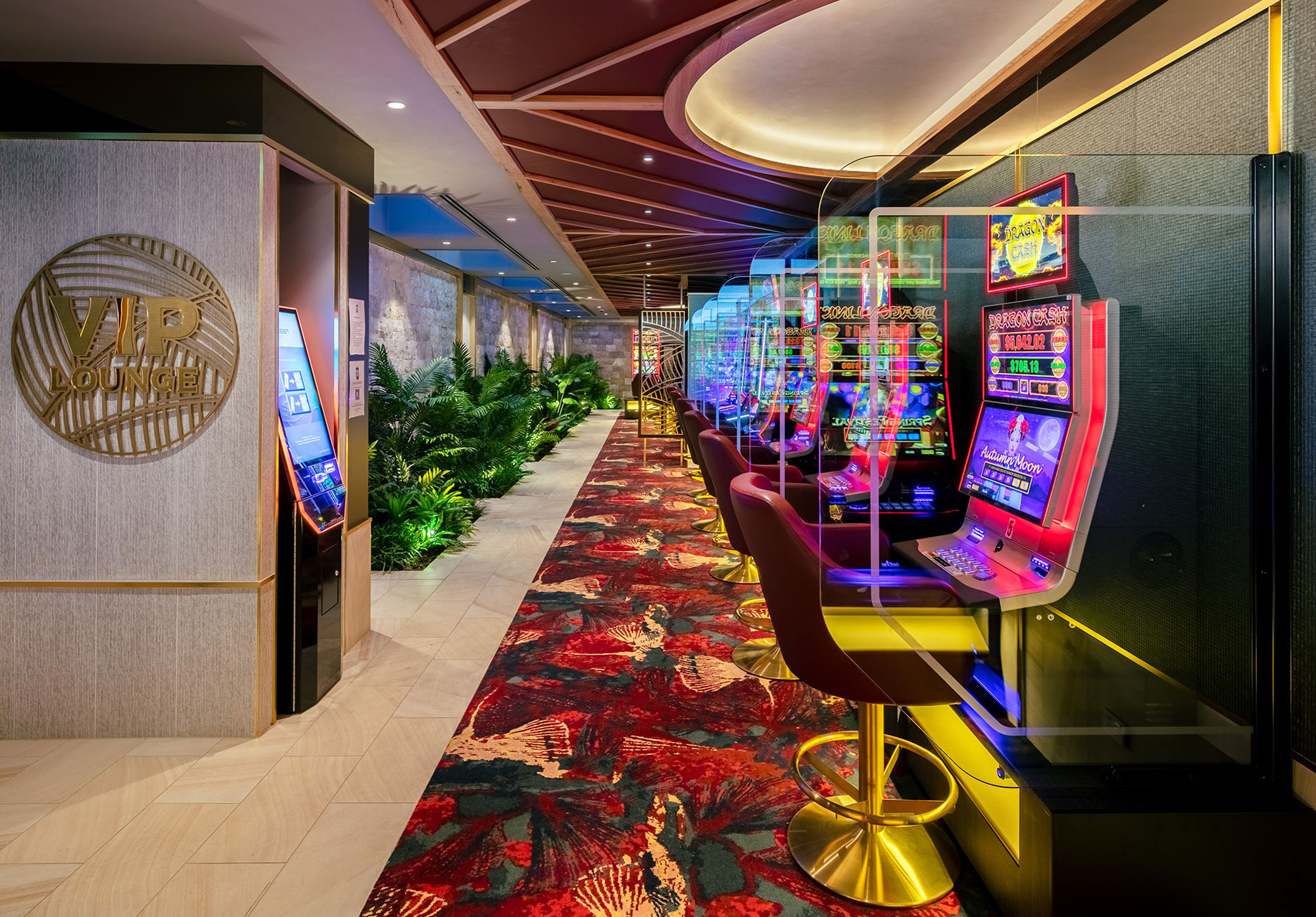
Captain Cook Hotel
gamer assessment reviews, an annual investment schedule based on key games to be introduced to the market, half-yearly LGA analysis reporting, and competitor analysis detailing what products, cabinets and jackpots are being offered locally.
James counts an impressive testimonial list of hotel groups, including Oscars, which manages a growing portfolio of 26 venues.
“James has improved gaming on an ongoing basis exploring all possible options, and offered sound recommendations on industry leaders and commercial agreements in pokies, signage, service, systems etc,” says principal, Mario Gravanis. “I have no hesitation in recommending James to any group or venue, large or small.”
Optimise also brings a network of industry suppliers for all gaming-related purchases, helping clients get the best value for money in EGMs, signage, layouts, bases, chairs, service providers, systems and CRTs.
“To ensure your venue is at the top of its game,” says Menassa. “The ability to seek advice from a specialist before making any long-term commitments or formulate a gaming strategy cannot be underestimated.”
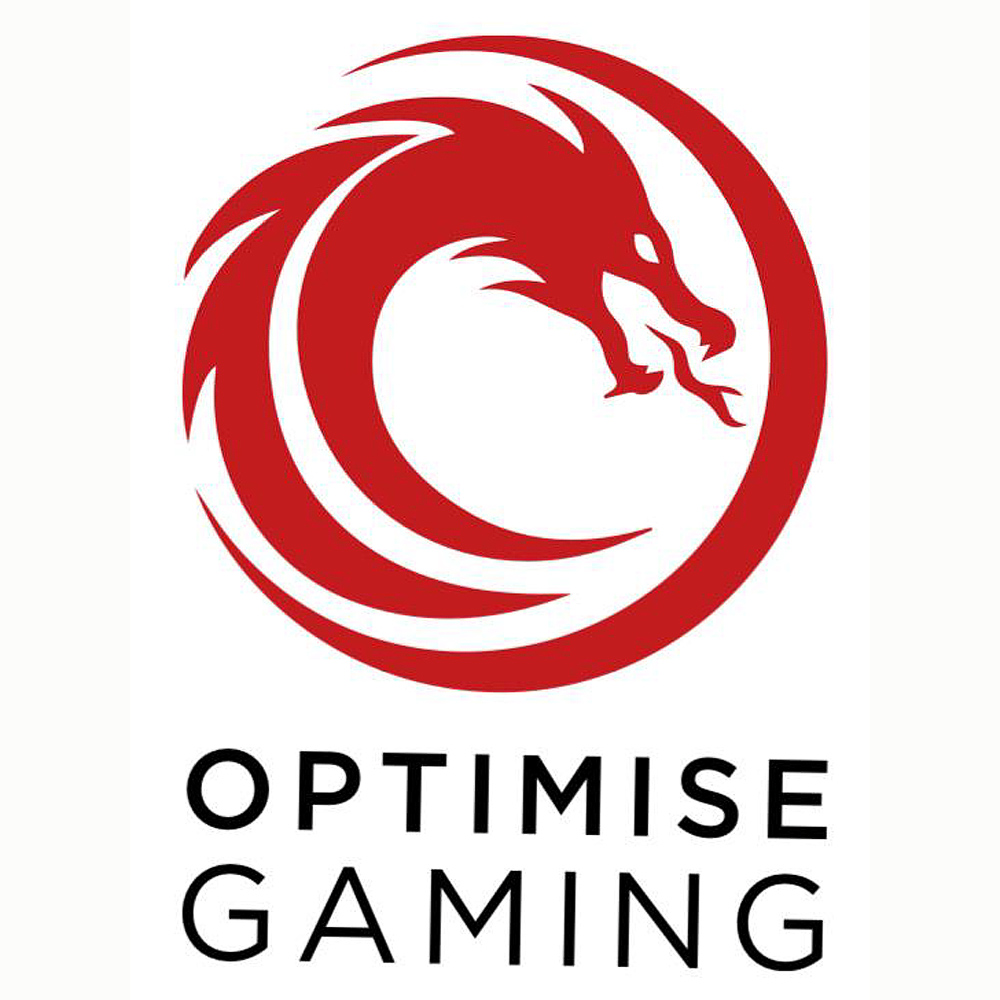
Major Feature
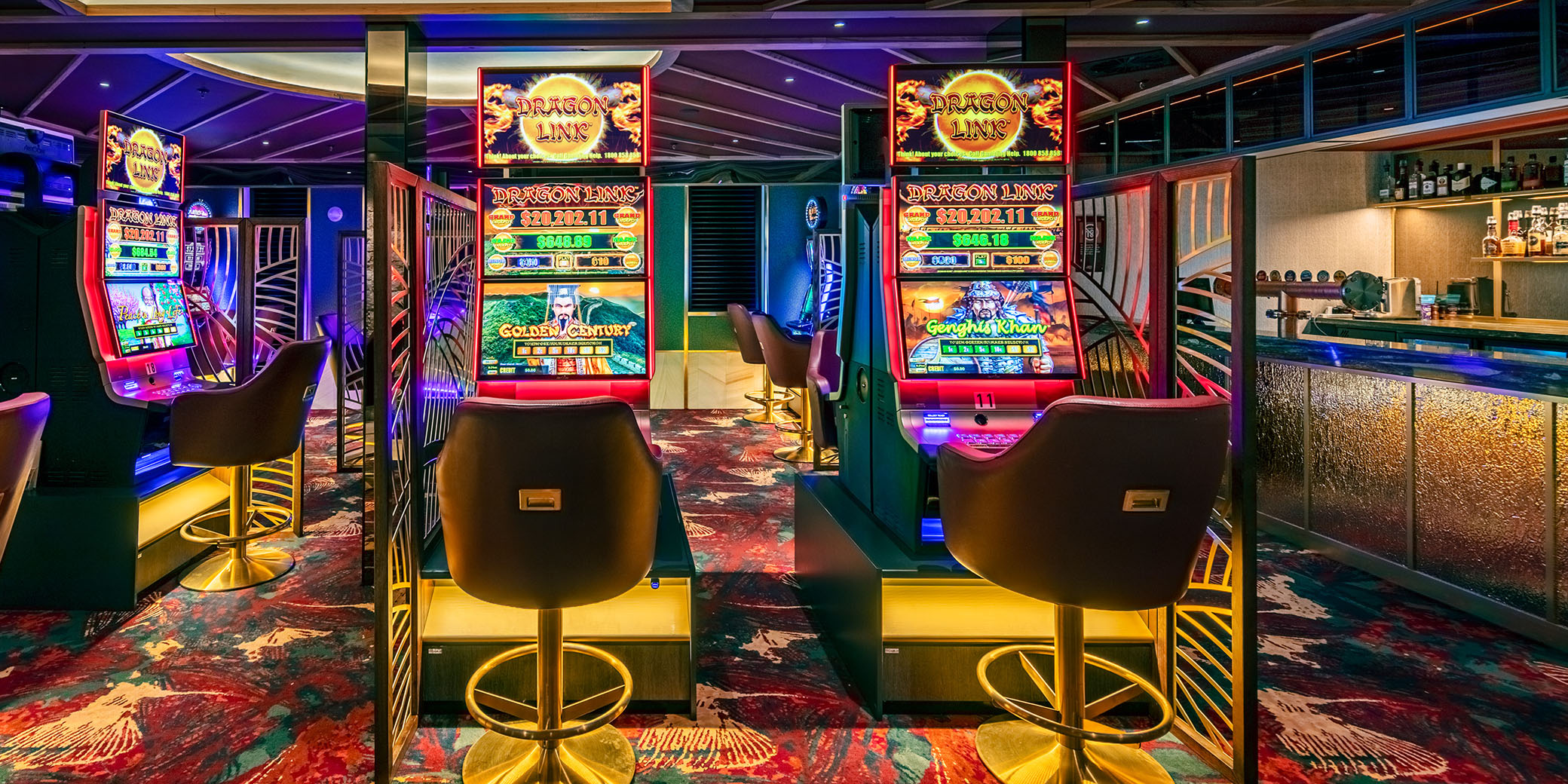
Captain Cook Hotel
MAJOR NEW REGULATIONS ON THE HORIZON
Following the lockdown, over June-July, as licensed venues began to re-emerge, the Australian Gambling Research Centre conducted a survey of gambling practises during the lockdown of more than 2,000 people who gamble from across Australia: Gambling in Australia. It found some stark results, including that one in three participants signed up for new betting accounts during the closure period, and that the number gambling more than four times a week increased from 23 per cent to 32 per cent.
The biggest spike was seen in men aged 18-34, whose median bet increased from $687 to $1,075 and were most likely to sign up for new online gambling accounts, accounting for 79 per cent of new accountholders. Lead researcher, Dr Rebecca Jenkinson, spoke of JobKeeper and withdrawn super funds going into gambling, pointing to the “easy, 24-hour accessibility of online gambling” as a factor.
Importantly, the survey found around half of the participants reported that their physical and/or mental health had been negatively affected during COVID-19.
The findings spawned draft legislation by state government aimed at minimising gambling harm, NSW Minister for Customer Service Victor Dominello proclaiming it will “fundamentally change” how self-exclusion operates in NSW hotels and according to the AHA, impose a range of new costs, penalties and obligations on operators.
The bill will put the onus on venues to identify and assist problem gamblers, and potentially allow family members of problem gamblers to apply to have the person banned from a venue. Venues might be penalised tens of thousands of dollars if they fail to stop self-excluded persons.
The 2019 NSW Gambling Survey found that 22 per cent of people that had self-excluded had tried to re-enter venues, and of those that did, 92 per cent had been successful.
“The reality is we are number one when it comes to how many poker machines we've got, but we're the laggard when it comes to harm minimisation measures,” furthered Dominello.
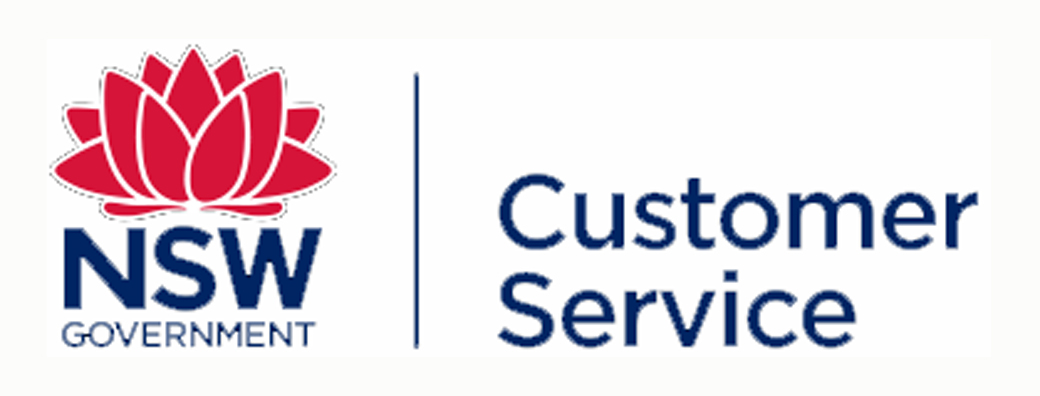
A recent report commissioned by the NSW Responsible Gambling Fund found a number of deficiencies in monitoring of self-exclusion: inadequate communication to staff of self-excluded patrons, lack of systems for staff familiarisation with the self-excluded, and failure to update the self-exclusion register.
Additionally, there is the fact that there are too many self-excluders for staff to recognise, and the difficulty in monitoring for partial self-exclusions and people on a multi-venue self-exclusion order (MVSE). Reliance on staff to identify every
person on the exclusion list is not practical, and the likelihood of human error is very high.
Beyond better self-exclusion measures, the Berejiklian Government is looking to have venues identify and assist problem gamblers in a way that is comparable to responsible service of alcohol laws, putting further responsibility on venues to intervene with problematic gambling.
The draft bill has gone to community consultation, posing: fines of up to $27,500 for venues that allow self-excluded patrons to gamble, a new third-party exclusion scheme allowing family members to initiate a ban, venues to always have a gambling contact officer on duty with advanced training in the responsible conduct of gambling, and new whistleblower protections for staff.
The Australian Hotels Association says it “continues to support self-exclusion and gambling harm minimisation”, but it and ClubsNSW issued a joint statement on the proposed bill outlining where they see problems.
“While several of the harm-minimisation measures contained in the legislation were originally proposed by the industry, the government's intended implementation would create unnecessary red tape and place a significant compliance burden on venues.
“The lack of effective consultation with key industry stakeholders has resulted in unworkable proposals which will be impossible for venues to comply with.”
The associations outline particular areas of concern in the draft legislation, such as: the penalties for excluded patrons playing machines and hotels being required to take “reasonable steps” to avoid prosecution for exclusion breaches; and the requirement for staff to monitor patrons and intervene when they observe a wide range of behaviours, including gambling when a venue opens or closes or during regular meal times, rummaging in wallets/purses for money and avoiding talking to other customers – any of which would require notation in a ‘gambling incident register’.
They also cite concern over a requirement for staff to remove a self-excluded gambler caught playing a gaming machine and confiscate any credits, which they suggest “could create a high conflict and high risk environment”, and the potential for the bill to give additional powers to bureaucrats to change any future guidelines without industry consultation or parliamentary scrutiny.
Independently of the draft bill, the Independent Liquor & Gaming Authority in NSW is considering a new guideline that will block approval of any application to increase the availability of EGMs – after midnight in Band 2 or 3 SA2s (high- and medium-risk), or after 2am in Band 1 area (low-risk). This would relate to any new or varied Extended Trading Authorisation for a hotel with EGMs, any application for an increase in the Gaming Machine Threshold, and any application to reduce a hotel’s gaming machine shutdown period.
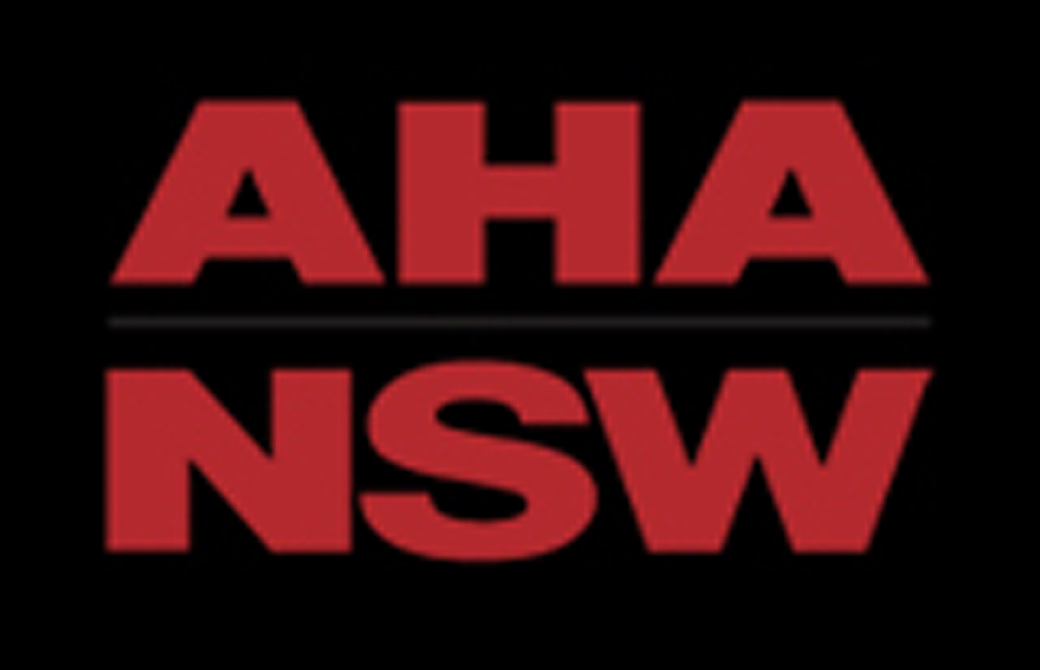
Major Feature
The AHA NSW believes ILGA’s guideline is inconsistent with the current law, passed by NSW Parliament only two years ago, in that it would significantly reduce the ability for hotels to transfer and lease gaming machine entitlements, which the Association stresses would have “serious and immediate impacts” to entitlement values, by stripping demand, and in turn hotel valuations where GME values underpin the asset value. This would go on to impact investor confidence and the willingness of the finance sector to lend to hotels.
One of the solutions being suggested for better monitoring of self-excluded patrons is facial recognition technology. While the AHA dubs forced adoption of the technology as “expensive and intrusive”, it is becoming more viable for more operations and if it becomes the norm, may be the most effective way to manage responsibilities toward problem gamblers.
Element Security is one company offering a cutting-edge solution, and already monitoring the gaming rooms of groups such as Marcello Colosimo’s Momento. The facial recognition software enables venues to import images and key data on problem gamblers who have either self-excluded or been excluded by a third-party family. The software then identifies and flags the presence of unwelcome individuals on the gaming floor and notifies the designated gambling contact officer and floor staff, providing real-time imagery of the person for easy identification.
The company poses there are plenty of benefits in such a system:
- the software assesses multiple data points and is at least 98 per cent accurate. It is constantly learning and improves further over time
- the software integrates into existing infrastructure, rarely requiring all cameras or CCTV systems to be replaced
- it can be hosted either on-site or securely in the cloud and integrates with both types of database
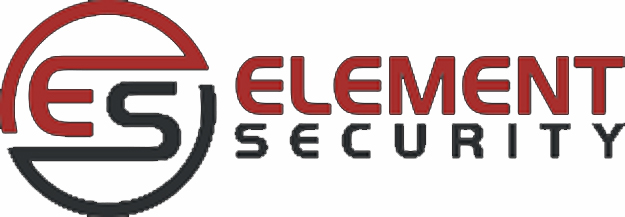

- fewer staff required to monitor the gaming floor
- staff not put at risk trying to identify individuals on the self-exclusion list
- compliance with legislative requirements on self-exclusion, whether gambling or alcoholism, with an accurate and accessible audit trail
Element notes facial recognition software can also be used to manage security incidents, adhere to COVID protocols, or other functions, such as blacklists or VIPs.
RULES OF THE GAME
A number of jurisdictional rules have emerged for licensed venues in the post-pandemic trading environment, with crippling penalties for failing to be in line with requirements. Most are based in distancing and the collection of patron details for contact tracing, which is one of the most important things venues can do to protect the community.
Compliance specialist Leigh Barrett & Associates advises hotels on their obligations and says businesses required to collect customer details must keep the name and mobile number or email address of all customers, storing the information securely and confidentially and destroying it after 28 days.
The ‘QR code’ has become a familiar sign in businesses of all type. It is something like a barcode, embedded with information that can be read by a patron’s smartphone camera, making them hygienic, contactless and convenient for businesses and customers.
A QR code should be displayed directly at the entrance for easy access, with a staff member nearby to assist and confirm patrons have checked in. The person simply hovers their phone camera or QR code reader over the code, the information is detected and the customer asked to enter their details for contact, if necessary. A staff member might check the sign-in has been successful.

Major Feature
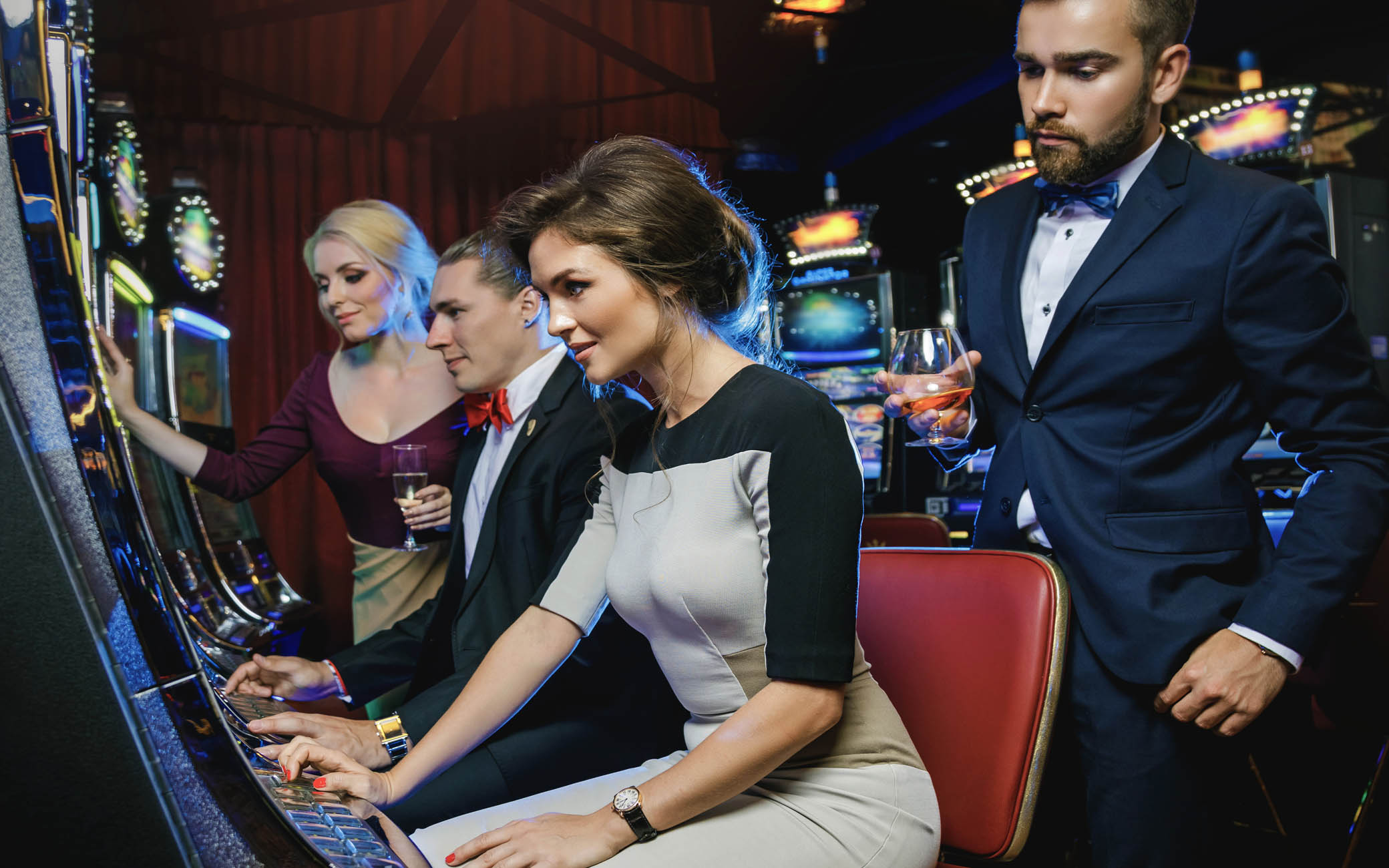
There may be customers who are unable to use the QR code, perhaps due to not having a suitable phone. Venue should have an alternative check-in method available, such as details taken manually by a staff member.
Businesses that register with Liquor & Gaming NSW as COVID Safe can download their own unique COVID Safe Check-in QR code to display in the venue. When customers use the check-in tool it automatically captures date, time and location, and all personal data is kept securely, used only if required for contact tracing, and destroyed after 28 days.
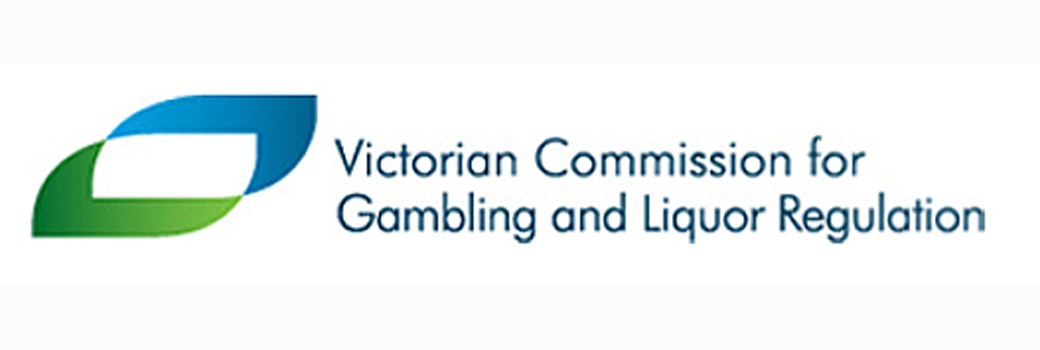
From 8 November Victorian gaming rooms were able to reopen, with strict conditions. Up to 25 per cent of indoor hospitality patron capacity, or ten people, are allowed in the room at one time, but every second EGM must be disabled and rooms must have a COVID marshal to oversee compliance at all times gaming is available.
Patrons are allowed a maximum time limit of 90 minutes per day, enforcement of which is the responsibility of the COVID Marshal and gaming room attendants.
Venue’s must maintain accurate contact details of patrons inside gaming rooms, including full name, contact number and time of entry, and must advise patrons of the time they must vacate the gaming room and that they must leave, and may not re-enter until at least the following day. Customers must acknowledge these conditions before commencing play.
To assist venues in providing a COVID-safe environment, Leigh Barrett & Associates has a range of tools for venues, offering a QR Code Customer Registration System, COVID-Safe plans, checklists, attendance registers and training.
